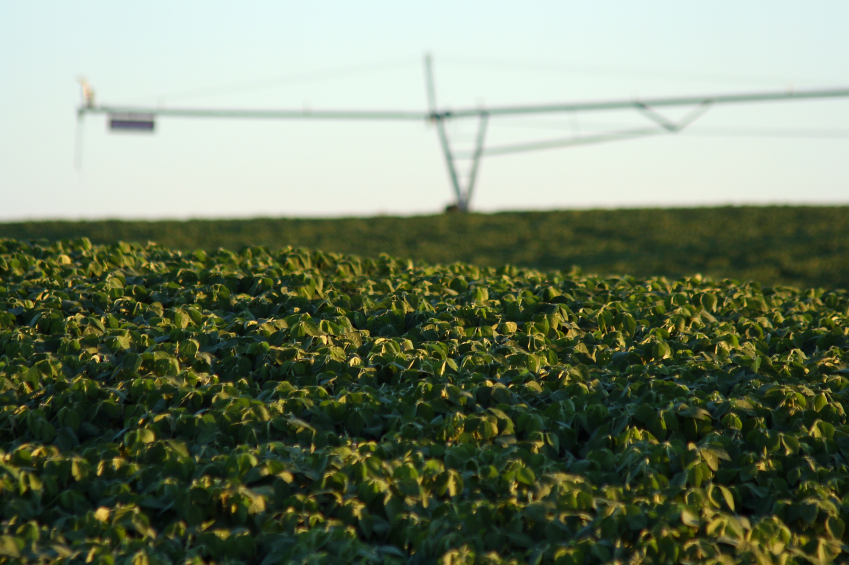 At some point or another, many landowners will face the decision on whether it’s in their best interest to sell or lease some or all of their Nebraska farmland. The decision to sell farmland is often guided by emotional and/or financial concerns, and understandably so. Many landowners may attempt, in the end, to lease their land instead. A number of issues play a factor in this decision, but considering all available options is necessary before reaching a decision on whether to sell or lease your land.
At some point or another, many landowners will face the decision on whether it’s in their best interest to sell or lease some or all of their Nebraska farmland. The decision to sell farmland is often guided by emotional and/or financial concerns, and understandably so. Many landowners may attempt, in the end, to lease their land instead. A number of issues play a factor in this decision, but considering all available options is necessary before reaching a decision on whether to sell or lease your land.
What are some advantages of selling farmland, versus leasing it? A landowner may make the decision to sell farmland if they, or their children, are not interested in farming it themselves, and may have little emotional ties to the land. Many times, they are not living on the land themselves, or they have received it as part of an inheritance, and don’t have a background in agriculture. In these situations, selling the land may be a better option, so long as all tax considerations are taken into account. Consulting with an experienced lawyer and accountant is important, so that one is able to contend with the capital gains taxes that are incurred as a result of selling valuable land.
On the other hand, leasing farmland is a more attractive option for those who would like to retain ties with the land, but cut back a bit on farming themselves. Many times, leasing farmland is a way to incur income for retirement, and as a way to hold onto land that they wish to pass on to their heirs. After all, once the land is sold, the chances of ever getting it back are slim.
Leasing farmland is a straightforward, simple arrangement that is attractive to many landowners in the second situation. Depending upon the landowner’s desired level of involvement, a straight cash-rental agreement or a flexible lease agreement may be worked out to the mutual benefit of each party.
Whatever decision is made, it is critical to have an estate plan in place, especially if you plan on leaving any land to your children. Proper estate planning can mean the difference between a peaceful, smooth transition of assets and a nightmare of taxes, late night decision making, and family feuding.
2015 has seen substantially lower commodity prices and the resultant leveling out and even lowering of land values in comparison to the last decade of burgeoning land prices. This correction may slow down landowners in selling off their ground to a certain extent. Similarly, cash rental rates are also leveling off and declining. In this way, it is important to consider the other reasons for retaining or letting go of ground, rather than solely financial reasons.
Are you trying to determine the best course for your farming operation? Feel free to contact UFARM—our experienced land managers are glad to listen to your concerns, and help you work through your options with your farming operation’s best interests in mind.
UFARM offers a full range of Nebraska land management services, including real estate sales, rural property appraisals, consultations and crop insurance. UFARM has operated in Nebraska since the early 1930’s. Contact us today!


 The time has finally arrived; although no farmer ever officially “retires,” you have decided that, for financial and tax considerations, or perhaps for the benefit of the next generation, the farm will need to be sold. Perhaps you are not actively farming your land, and have decided to let it go. Or, perhaps you’re desirous of selling land and buying land in addition.
The time has finally arrived; although no farmer ever officially “retires,” you have decided that, for financial and tax considerations, or perhaps for the benefit of the next generation, the farm will need to be sold. Perhaps you are not actively farming your land, and have decided to let it go. Or, perhaps you’re desirous of selling land and buying land in addition.


